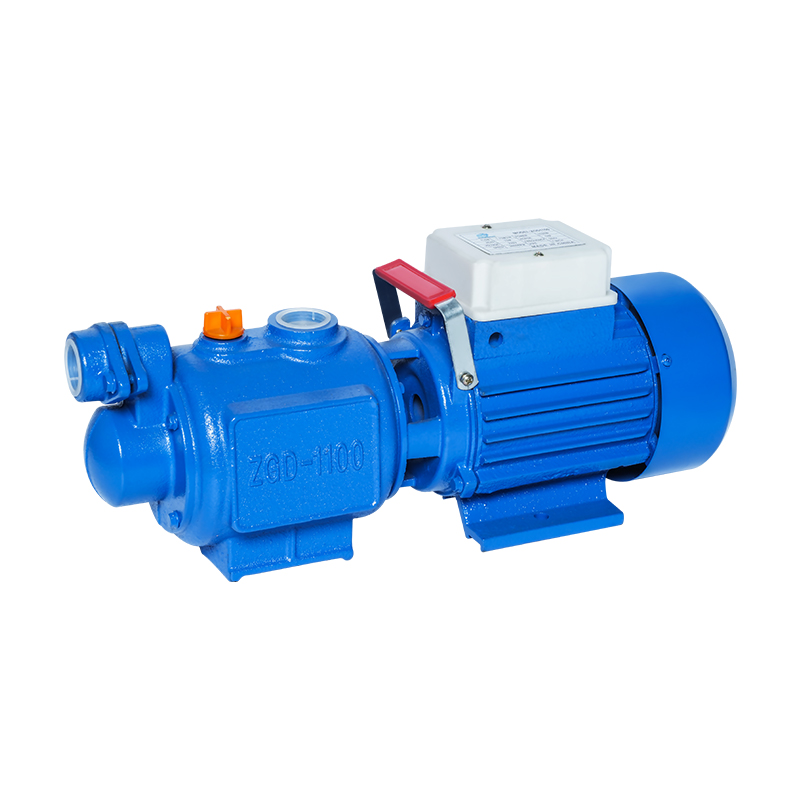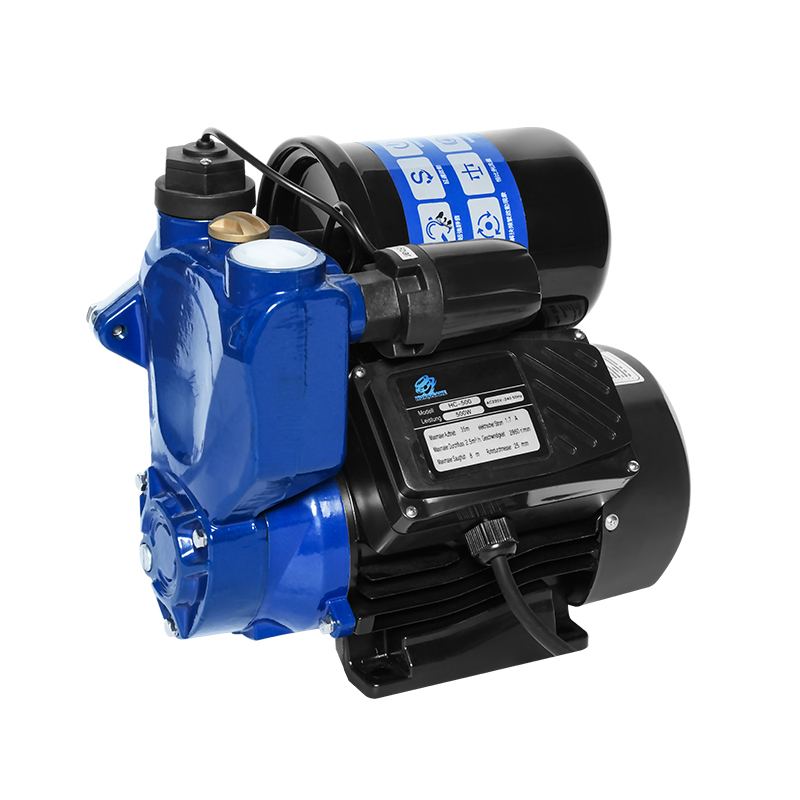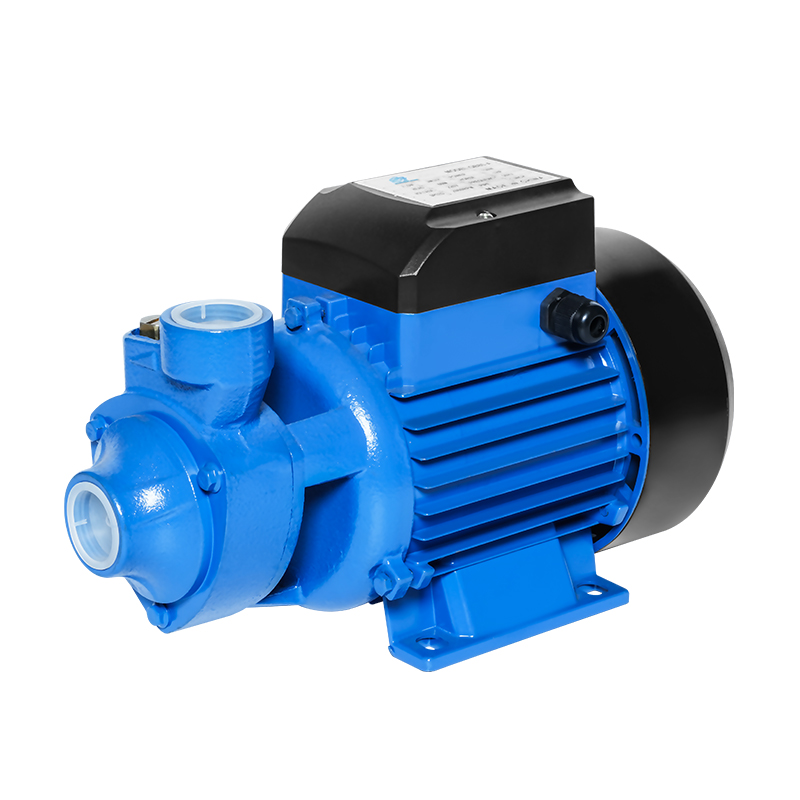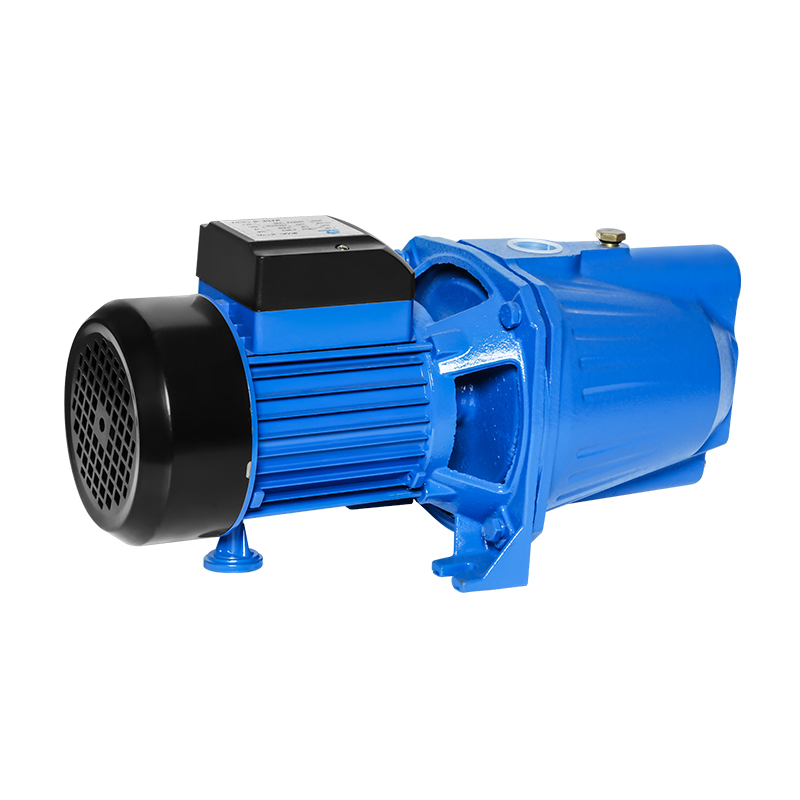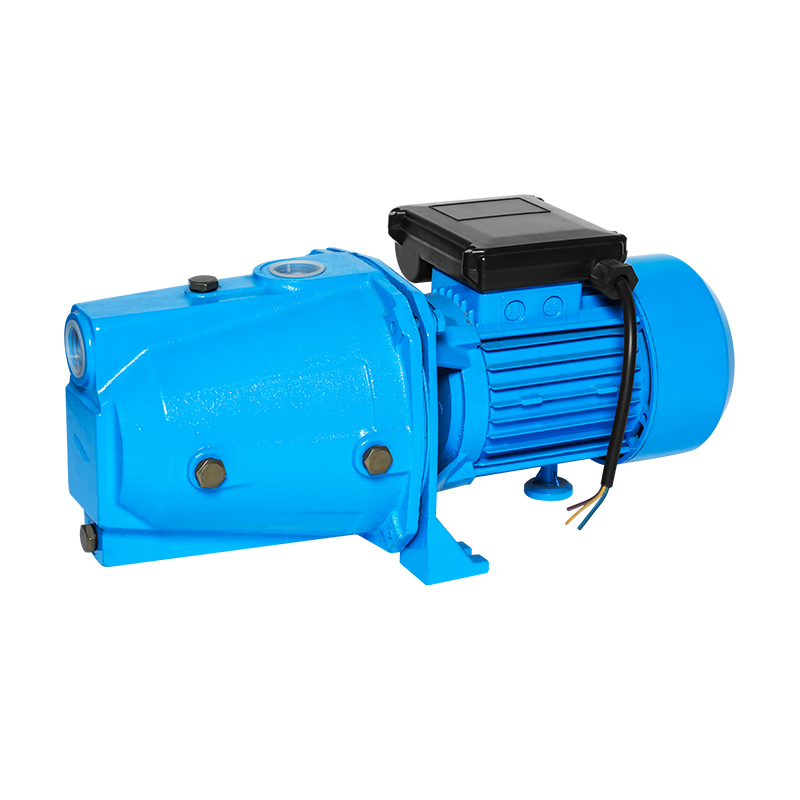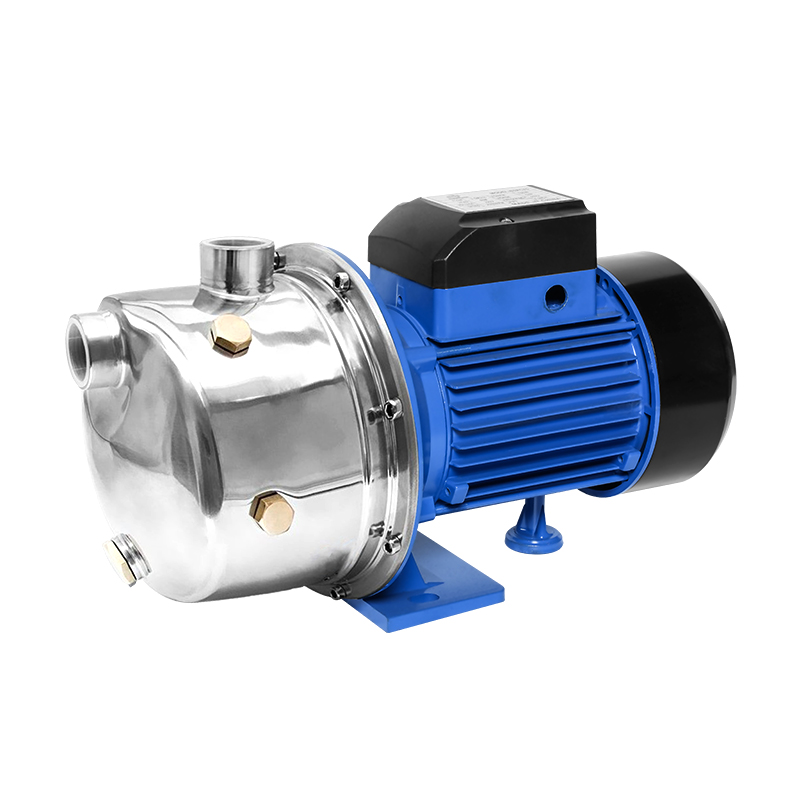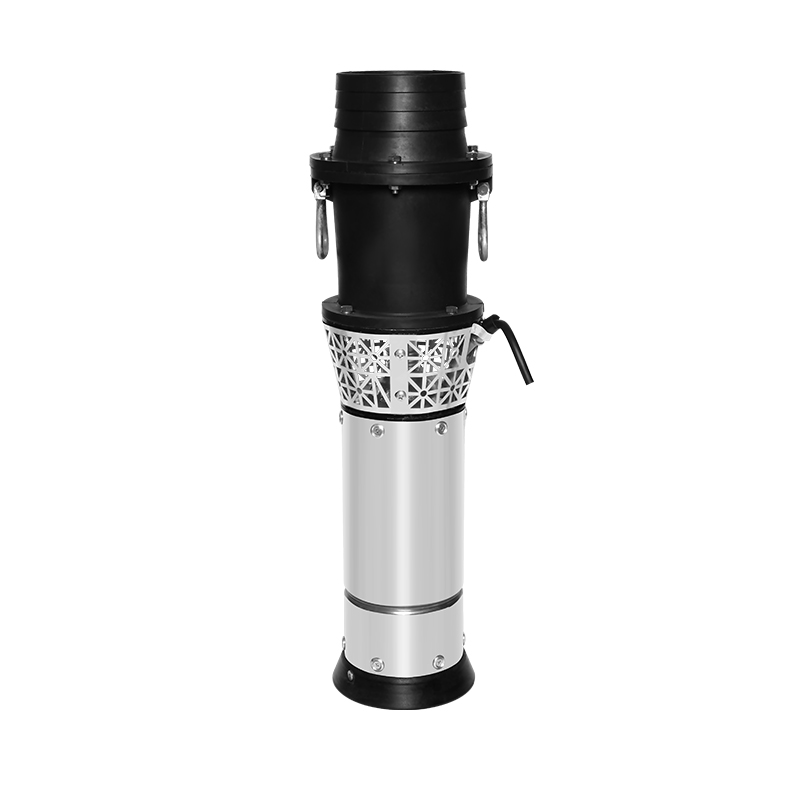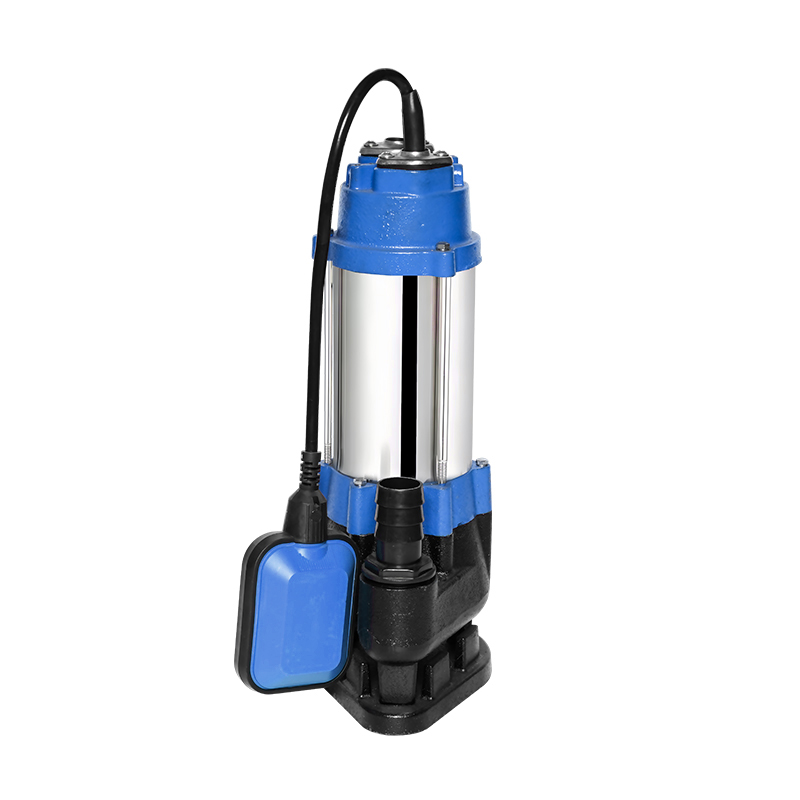How Do Factories Ensure Pump Performance and Quality?
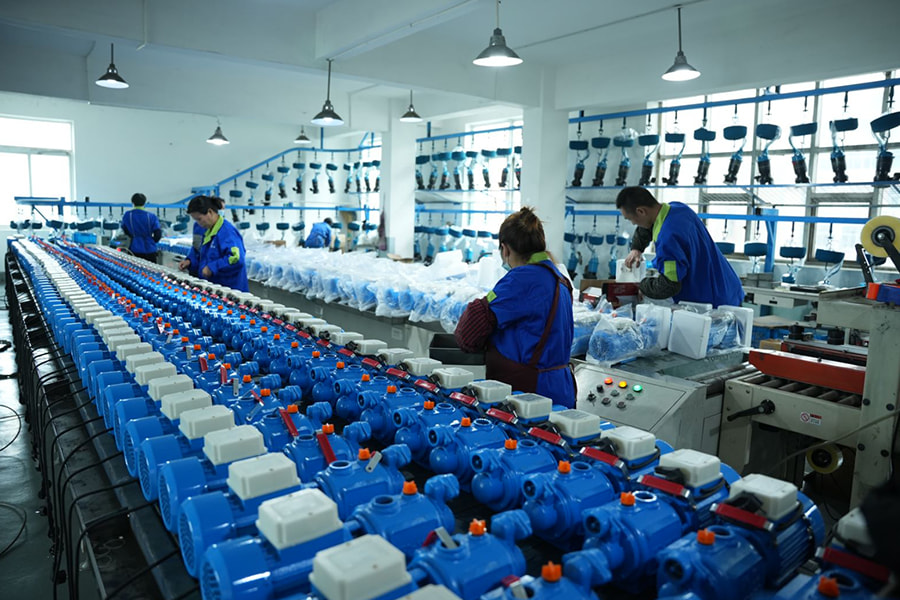
Industrial water pumps are critical components in various sectors, including manufacturing, agriculture, and municipal water systems. Ensuring that these pumps operate efficiently and reliably requires careful attention to design, materials, manufacturing processes, and quality control. Industrial water pump factories implement a range of measures to maintain both performance and quality for their products.
Material Selection
The quality of materials used in pump construction directly affects performance and durability. Industrial water pump factories typically select metals and alloys that are resistant to corrosion, wear, and high pressure. Stainless steel, cast iron, and bronze are common choices for pump casings, impellers, and shafts. The selection process also considers the type of fluid being pumped, as some liquids may require special coatings or chemical-resistant materials to prevent degradation over time. Choosing the right materials at the start reduces maintenance needs and extends service life.
Precision Manufacturing
Precision in manufacturing is essential for pump efficiency and reliability. Components must fit together accurately to minimize leakage, vibration, and energy loss. Factories use CNC machining, casting, and forging techniques to ensure tight tolerances and consistent dimensions. Automated assembly lines and skilled technicians work together to maintain uniformity across batches, which helps ensure that every pump meets the specified performance standards. Precision also reduces operational noise and enhances overall system stability.
Testing and Performance Evaluation
Before leaving the factory, industrial water pumps undergo rigorous testing to verify their functionality. Common tests include flow rate measurement, pressure testing, and efficiency evaluation under different operating conditions. Factories often use specialized test rigs to simulate real-world scenarios, ensuring that pumps can handle varying workloads without failure. These performance evaluations help identify potential issues early, allowing corrective actions before the product reaches customers.
Quality Control and Inspections
Quality control is integrated at every stage of production. Raw materials, components, and final assemblies are inspected for defects, dimensional accuracy, and surface finish. Visual inspections, pressure tests, and sometimes ultrasonic or X-ray examinations are conducted to detect hidden flaws. Documented quality checks and traceable records allow factories to maintain consistency and provide accountability for each pump produced.
Compliance with Standards
Industrial water pump factories follow international and regional standards to ensure safety and reliability. Compliance with ISO, CE, or API standards, for example, ensures that pumps meet recognized benchmarks for performance, durability, and environmental safety. Adherence to these standards demonstrates that the factory maintains a structured approach to production and quality assurance.
Maintenance Guidelines and Support
Ensuring pump performance does not s at production. Factories often provide guidelines for installation, operation, and maintenance to help users maintain efficiency over the pump's lifecycle. Providing technical support, spare parts, and maintenance advice contributes to long-term reliability, reducing downtime and extending the lifespan of the pumps. Users who follow these guidelines can also identify minor issues early, preventing costly repairs or unexpected failures.
Industrial water pump factories ensure performance and quality through careful material selection, precise manufacturing, rigorous testing, thorough inspections, and compliance with established standards. By combining these practices with ongoing customer support, factories produce pumps that are reliable, efficient, and suitable for a variety of applications.


